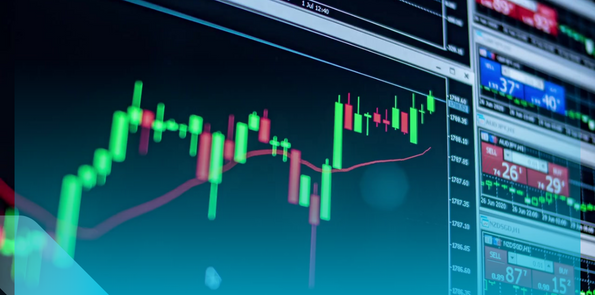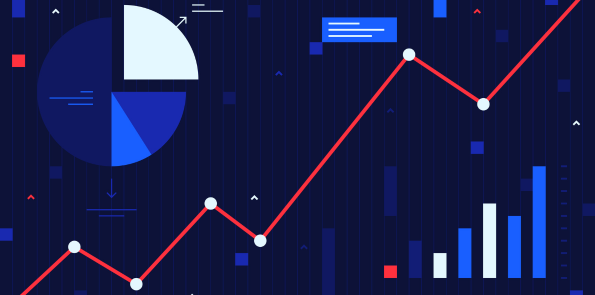Forex Trading Fundamentals: A Beginner's Guide to Currency Markets

Market Research
Forex Trading Fundamentals: A Beginner's Guide to Currency Markets
Introduction:
Forex trading, also known as foreign exchange trading, is the process of buying and selling currencies with the aim of making a profit. It is the largest and most liquid market in the world, with an average trading volume of over $6 trillion per day. For beginners, understanding the fundamentals of forex trading is crucial to navigate the currency markets. In this beginner's guide, we will explore the key concepts and strategies that can help you get started on your forex trading journey.
I. What is Forex Trading?
Forex trading involves the buying and selling of currencies against each other in pairs. For example, you might buy the Euro (EUR) and sell the US Dollar (USD) or vice versa. The aim is to profit from the fluctuations in exchange rates between different currencies. These rates can be influenced by various factors such as economic indicators, geopolitical events, and central bank policies.
II. Currency Pairs and Exchange Rates:
A currency pair is the combination of two currencies that represents the value of one currency in terms of the other. The exchange rate is the price at which one currency can be exchanged for another. There are major currency pairs, such as EUR/USD, GBP/USD, and USD/JPY, as well as minor and exotic currency pairs. Understanding the dynamics of each currency pair is essential for successful forex trading.
III. Basic Forex Trading Strategies:
1. Technical Analysis:
Technical analysis involves using historical price data and various technical indicators to predict future price movements. Traders analyze charts and patterns to identify trends, support and resistance levels, and potential entry and exit points. Common technical indicators include moving averages, oscillators, and Fibonacci retracement levels.
2. Fundamental Analysis:
Fundamental analysis focuses on analyzing economic, political, and social factors that can influence currency prices. Traders monitor economic indicators such as GDP, inflation rates, employment data, and central bank decisions to assess the overall health of an economy. This analysis helps traders identify potential long-term trends and make informed trading decisions.
IV. Risk Management:
Effective risk management is crucial in forex trading to protect your capital and minimize losses. Here are some important risk management techniques:
1. Set Stop-Loss Orders: A stop-loss order is a pre-determined level at which your trade will be automatically closed to limit potential losses.
2. Use Proper Position Sizing: Determine the appropriate lot size or trade volume based on your risk tolerance and account size. Avoid risking too much on a single trade.
3. Diversify Your Trades: Spread your trades across different currency pairs and avoid overexposure to a single currency or market.
V. Choosing a Forex Broker:
Selecting a reliable forex broker is essential for successful trading. Consider the following factors when choosing a broker:
1. Regulation: Ensure the broker is regulated by a reputable financial authority to protect your funds.
2. Trading Platforms: The trading platform should be user-friendly, stable, and provide access to important trading tools and features.
3. Customer Support: Look for a broker with responsive customer support that can address your queries and concerns promptly.
VI. Practice with Demo Accounts:
Before risking real money, it is advisable to practice forex trading with a demo account. Most brokers offer demo accounts where you can trade with virtual money in real market conditions. This allows you to test your strategies, gain experience, and build confidence without the risk of losing capital.
Conclusion:
Forex trading can be a lucrative venture for beginners if approached with the right knowledge and mindset. Understanding the fundamentals of forex trading, including currency pairs, exchange rates, and trading strategies, is essential for success. Additionally, implementing effective risk management techniques and choosing a reliable forex broker are crucial steps in your trading journey. Remember to start small, remain disciplined, and stay updated with market news and developments. With practice and perseverance, you can master the art of forex trading and achieve your financial goals.


